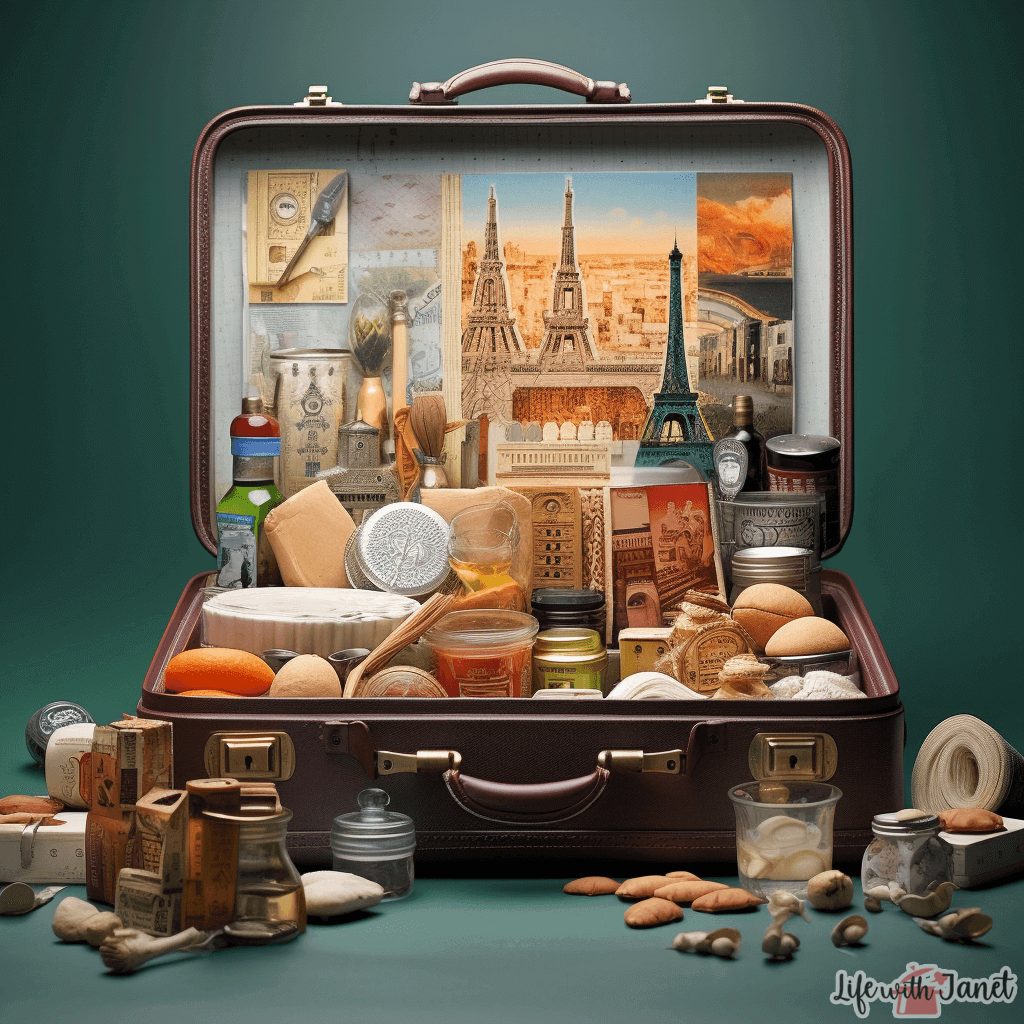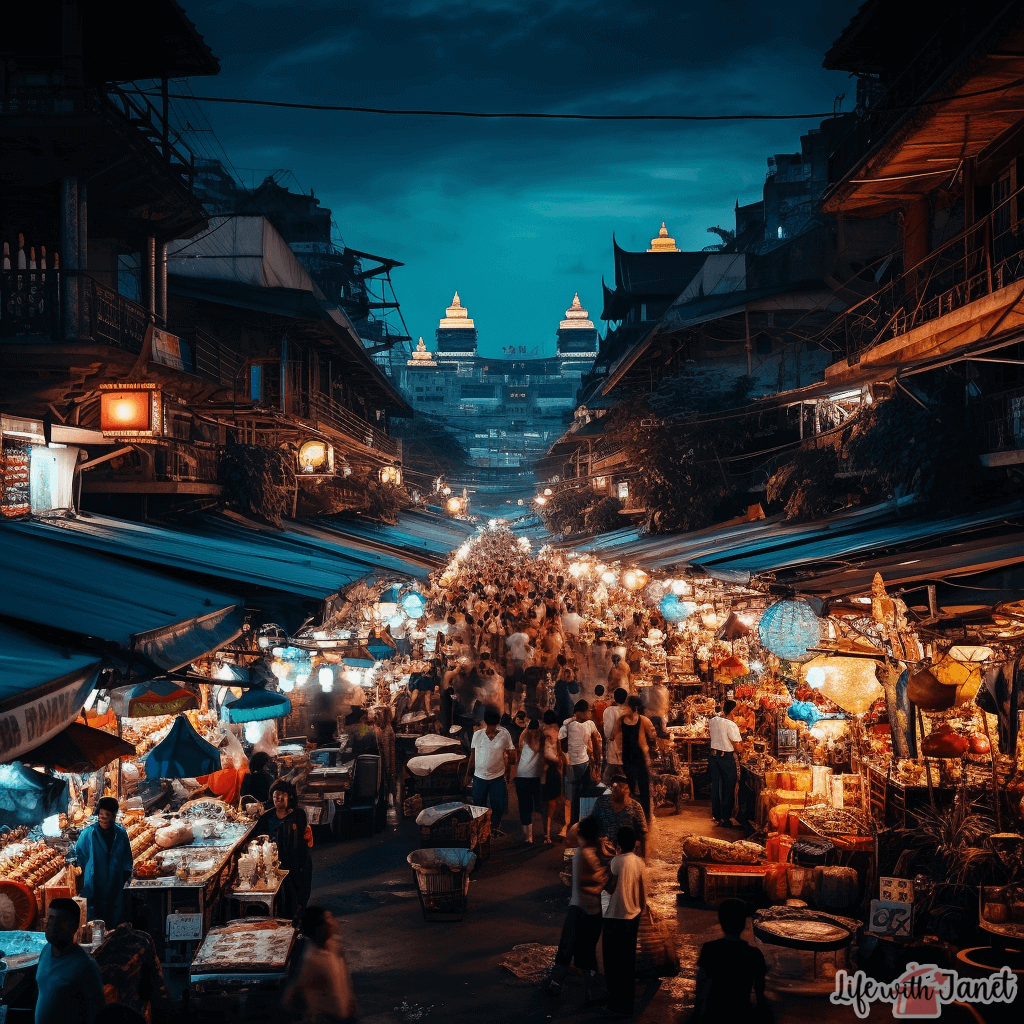
Why is travel insurance essential for food entrepreneurs venturing abroad?
Traveling to explore and integrate different cuisines into one’s culinary repertoire is an exciting venture. However, it comes with its set of challenges.
- Exposure to New Environments: Food entrepreneurs often venture into unfamiliar terrains, seeking authentic ingredients or learning local recipes. These new environments may have health risks that they aren’t immune to.
- Culinary Equipment: Carrying specialized equipment, from knives to electronic gadgets, increases the risk of damage or loss during travel. Standard travel insurance can cover these losses, ensuring peace of mind.
- Financial Protection: Booking culinary classes, accommodations, or unique dining experiences requires an upfront financial commitment. Travel insurance can help reclaim these expenses in case plans change unexpectedly.
- Liability Concerns: Engaging in culinary activities abroad, especially involving local participation, might expose food entrepreneurs to potential liabilities. Accidental harm or property damage can have consequences. Insurance provides a safety net against such unforeseen liabilities.
- Food-Specific Mishaps: An accidental consumption of an allergen, food poisoning, or even mishaps during cooking classes can lead to medical emergencies. Travel insurance ensures that medical aid is readily available without heavy out-of-pocket expenses.
- Economic and Geopolitical Concerns: Certain regions may experience sudden economic downturns or political unrest. Travel insurance can help food entrepreneurs evacuate safely and bear the associated costs.
What mishaps are covered under travel insurance that would be particularly relevant to food entrepreneurs?
For food entrepreneurs, the journey is as much about tasting as it is about learning and networking. This means a broader set of potential mishaps.
- Medical Emergencies: Whether it’s a reaction to a new food or a cut from a cooking class, immediate medical attention might be necessary. Travel insurance covers medical evaluations, treatments, and even evacuations if needed.
- Equipment Loss or Damage: Specialized culinary equipment is expensive. If it gets lost, stolen, or damaged during travel, insurance can cover replacement or repair costs.
- Trip Cancellations: If a major food event or class gets canceled or the traveler faces personal emergencies, insurance helps recover costs. This includes flights, accommodations, and any prepaid fees.
- Liability: Organizing a pop-up restaurant or a cooking demonstration? These activities can lead to potential penalties. Insurance policies can cover associated legal costs and possible compensation.
- Business Interruptions: If a planned business activity, like a pop-up diner or supplier meeting, is interrupted due to unforeseen events, specific insurance policies can cover associated losses.
- Travel Delays: Did you miss a crucial food exhibition because of a flight delay? Insurance might help recover the costs and rearrange the plans.
How does product liability insurance differ from travel insurance for food entrepreneurs?
Product liability insurance and travel insurance serve different purposes but are equally crucial for a food entrepreneur.
- Purpose:
- Product Liability Insurance: Protects businesses against claims related to selling products to the public. It covers claims arising from injuries or damages caused by the product.
- Travel Insurance: Protects individuals against unforeseen mishaps during travel. It includes medical emergencies, travel disruptions, and loss of belongings.
- Coverage:
- Product Liability Insurance: It covers legal fees, medical costs, and compensations related to product claims.
- Travel Insurance: It covers medical treatments, trip cancellations, travel delays, lost luggage, and other travel-related mishaps.
- Duration:
- Product Liability Insurance: It usually covers a specific timeframe and needs renewal. It lasts as long as the product is in the market and can result in potential claims.
- Travel Insurance: Typically, it’s for the duration of the trip. It can be a single-trip policy or an annual one covering multiple trips.
- Cost Determinants:
- Product Liability Insurance: The type of product, its potential risks, sales volume, and the manufacturing process can influence cost.
- Travel Insurance: The duration, destination, chosen activities, and the traveler’s health determine the cost.
Are specific regions or countries where travel insurance becomes even more crucial for food-based travel?
Absolutely. Some regions pose unique challenges for travelers, especially food entrepreneurs.
- Health Risks: Having travel insurance is crucial in areas with prevalent tropical diseases or lower healthcare standards. For example, regions in Africa and Asia with malaria or dengue fever risks.
- Political Unrest: Countries with ongoing conflicts or unstable political situations can be risky. Events can change abruptly, necessitating immediate evacuation.
- Economic Instability: Regions undergoing financial crises might pose challenges like unavailability of services or sudden price hikes. Examples include countries undergoing sanctions or economic reforms.
- Culinary Exploration Risks: Venturing into remote areas for authentic culinary experiences might expose travelers to risks. Areas with low connectivity, extreme climates, or rare ingredients can be challenging.
- High Crime Rates: Areas known for theft, scams, or violent crimes require travelers to be extra cautious. Insurance helps mitigate the potential financial losses from such situations.

How can a food entrepreneur verify the credibility of an insurance provider?
Choosing the right insurance provider is crucial. Here’s a roadmap for verification:
- Reviews and Ratings: Check online platforms for customer reviews. Look for consistent feedback patterns, both positive and negative.
- Regulatory Bodies: Ensure the provider is registered with and regulated by relevant insurance oversight bodies in their country.
- Claim Settlement Ratio: A higher ratio indicates that the insurer is more likely to settle claims without complications.
- Consult Fellow Entrepreneurs: Network with peers in the industry to get recommendations and insights on reliable insurance providers.
- Transparency: A credible insurer will be transparent about their terms, conditions, inclusions, and exclusions.
- Financial Stability: Research the insurer’s financial stability. Agencies like Moody’s, Standard & Poor’s, or A.M. Best provide ratings that indicate the financial health of insurance companies.
What are the common pitfalls food entrepreneurs should be wary of when choosing a travel insurance policy?
Navigating the insurance world can be a challenge, especially when looking for a policy that aligns perfectly with the needs of a food entrepreneur.
- Not Reading the Fine Print: Insurance policies are filled with details, and not understanding the exclusions can lead to unpleasant surprises. For instance, some policies might not cover high-risk activities or regions, which could be essential for an adventurous food entrepreneur.
- Underinsuring: Opting for a cheaper policy can sometimes mean missing out on crucial coverages. Ensure that the policy covers potential medical expenses in the country of travel, primarily if it’s known for high medical costs.
- Overlapping Policies: Some personal or business insurance policies might already offer certain travel-related coverages. Ensuring you’re paying only once for the same protection is crucial.
- Not Considering Trip Cancellation: Unforeseen events can lead to trip cancellations. Ensure the policy covers the non-refundable parts of the trip, from flights and accommodations to prepaid events or classes.
- Skipping Coverage on Equipment: Given that food entrepreneurs might travel with specialized equipment, skipping out on coverage for theft, loss, or damage can be a costly oversight.
- Not Reviewing Medical Coverage: Ensure the policy covers general medical emergencies and specific scenarios relevant to food entrepreneurs, like food poisoning or allergies.
For food entrepreneurs, the world is a vast landscape of flavors, techniques, and experiences. But like any venture, it comes with its challenges. Ensuring adequate travel insurance provides peace of mind and ensures that the journey remains focused on culinary discovery rather than potential pitfalls. So, before embarking on your next food adventure, equip yourself with the right insurance policy and savor the world one bite at a time.









